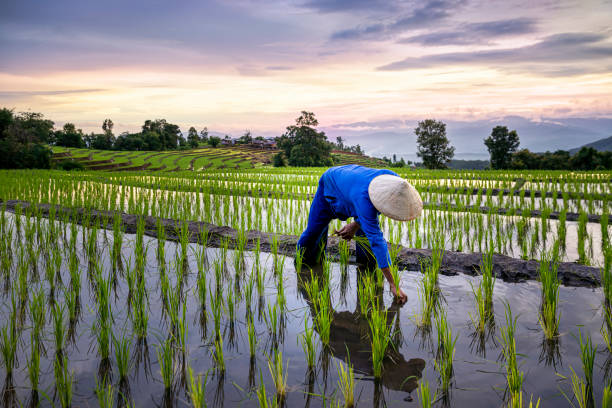Rome/New York, November 23 – The UN Food and Agriculture Organization is calling for agri-food systems that can withstand shocks and stresses such as the ongoing Covid-19 pandemic. It said about 3 billion out of the total world population of 7.8 billion currently cannot afford a healthy diet and another billion would be added to the group if they lose one-third of income due to those shocks.
“Truly resilient agri-food systems must have a robust capacity to prevent, anticipate, absorb, adapt and transform in the face of any disruption, with the functional goal of ensuring food security and nutrition for all and decent livelihoods and incomes for agri-food systems’ actors,” the Rome-based UN agency said in its 2021 State of Food and Agriculture (SOFA) report – Making agrifood systems more resilient to shocks and stresses.
“Such resilience addresses all dimensions of food security, but focuses specifically on stability of access and sustainability, which ensure food security in both the short and the long term. Another dimension of food security – agency – is deeply connected to human rights, including the right to food, and underscores the need for inclusiveness in systems.”
The report defines shocks as” short-term events that have negative effects on a system, people’s well-being, assets, livelihoods, safety and ability to withstand future shocks.”
“The pandemic highlighted both the resilience and the weakness of our agri-food systems,” FAO Director-General Qu Dongyu said at the virtual release of the report.
It defines the agri-food systems as “the web of activities involved in the production of food and non-food agricultural products and their storage, processing, transportation, distribution and consumption – produce 11 billion tonnes of food a year and employ billions of people, directly or indirectly.”
The report said that shocks have immediate impact while stresses are “slow processes that gradually undermine the capacity of systems to cope with change and which render them more vulnerable.”
“Agri-food systems’ components and actors are exposed to shocks and stresses of various types and intensity and, because components are interlinked, disruption in any of them can spread quickly throughout systems. The same shock or stress may have different impacts on different systems’ components and actors. Among producers, shocks are most likely to affect the livelihoods of low-income, small-scale operators; among food consumers, the poorest will be the most affected by rising food prices.”
The report said lockdowns under the pandemic caused labor shortages and exposed the vulnerability of small and medium agri-food enterprises
“The smooth functioning of food supply chains underpins the resilience of national agri-food systems. A food supply chain is composed of interconnected activities performed by various actors – farmers, processors, wholesalers and retailers – who, in turn, draw on lateral chains that supply inputs and logistic services. The capacity of a food supply chain to absorb shocks depends on the resilience of each of its segments. Diverse, redundant and well-connected food supply chains enhance agri-food systems’ resilience by providing multiple pathways for producing, sourcing and distributing food. This resilience is necessary not only for safeguarding and enhancing the livelihoods of farmers and businesses, but also for ensuring the physical availability of food to all.”
United Nations correspondent journalists – United Nations correspondent journalists – United Nations correspondent journalists
United Nations journalism articles – United Nations journalism articles – United Nations journalism articles

